Strengthening Families Programs (SFP) are evidence-based parenting and life skills training programs.
What are strengthening Parenting Programs?
The Strengthening Families Program (SFP) is a family skills training program designed to improve parenting skills, strengthen family relationships, and reduce risky behaviors like substance abuse and delinquency. It is an evidence-based program designed to enhance the overall well-being of families, particularly those facing challenges such as socioeconomic struggles, substance abuse, mental health issues, or other risk factors. These programs aim to promote positive family dynamics, improve parenting skills, and equip children and youth with essential life skills.
Key Components
Evidence-Based Approach: These programs are built on research and data supporting their effectiveness in improving family relationships and child outcomes.
Parent Education: Parents participate in educational sessions that cover topics such as effective parenting practices, setting limits, child development, communication skills, and positive discipline techniques.
Family Engagement: The programs promote family bonding through interactive activities and shared experiences that encourage communication and strengthen relationships among family members.
Culturally Responsive: Strengthening Families programs are often tailored to reflect the cultural backgrounds and specific needs of the families they serve, ensuring relevance and relatability.
Supportive Environment: These programs provide a safe and supportive atmosphere where families can share experiences, learn from one another, and access resources to address their challenges.
Collaboration with Community Resources: Many programs work in partnership with local organizations, schools, and other service providers to offer comprehensive support to families, connecting them with additional resources like counseling or health services.
Flexible Delivery: Programs may be delivered in various formats, including workshops, group sessions, and family activities, often structured to accommodate the unique needs of participating families.
Goals of Strengthening Families Programs
Enhance Family Relationships: The primary goal is to improve communication, trust, and bonding between family members, thereby fostering a supportive family environment.
Reduce Risk Factors: By providing skills and resources, the programs aim to mitigate risks associated with negative behaviors such as substance abuse or violence.
Promote Healthy Child Development: Ensuring that children receive the support they need to thrive emotionally, socially, and academically is a central focus.
Strengthen Community Ties: By fostering a sense of community among families, these programs help alleviate isolation and promote collective growth and support.
Outcomes
Research shows that families who participate in SFP experience improved family communication, reduced behavioral problems in children, and enhanced parental confidence. The program aims to create lasting positive changes in familial relationships and child behavior.
Improved Family Relationships
Enhanced Parenting Skills
Reduced Family Conflict
Increased Parental Involvement
Improved Family Organization
Improved parenting self-efficacy
Reduced Substance use in parents and children
Overall SFP aims to create a positive ripple effect, impacting families, children and parents in a way that strengthens family bonds, reduces risk factors, and promotes positive development and well-being.
What types of Strengthening Families Programs are offered?
Strengthening Families Programs Birth - Age 3
Parents learn to increase desired behaviors in children by using attention and rewards, clear communication, effective discipline, substance use education, problem-solving, and limit setting.
Objectives:
Decrease use and intention to use tobacco, alcohol, and illicit drugs.
Decrease children’s behavior problems.
Increase children’s social and life skills.
Increase family cohesion, communication, and organization.
Lower risk factors and increases in resilience, assets, and protective factors.
Agenda:
Week 1: Introductions and Group Building
Week 2: What Kids Can Do/Baby Basics
Week 3: Goals and a Game
Week 4: Attachment & Bonding
Week 5: Rewards
Week 6: Communicating with Infants and Toddlers
Week 7: Empathy
Week 8: Alcohol, Drugs, Tobacco, and Families
Week 9: Solving Problems
Week 10: Giving Directions
Week 11: Setting Limits
Week 12: Disciplining without Physical Punishment
Week 13: Making and Using Behavior Change Plans (very short)
Week 14: Putting it all Together
Strengthening Families Programs FOR TEENS
Parents learn to increase desired behaviors in children by using attention and rewards, clear communication, effective discipline, substance use education, problem-solving, and limit setting.
Objectives:
• Decrease use and intention to use tobacco, alcohol, and illicit drugs.
• Decrease children’s behavior problems.
• Increase children’s social and life skills.
• Increase family cohesion, communication, and organization.
• Lower risk factors and increases in resilience, assets, and protective factors.
Agenda:
Week 1: Introductions and Group Building
Week 2: What teens are like and how to manage stress
Week 3: Encouraging good behavior
Week 4: Goals and Objectives
Week 5: Communication for better relationships
Week 6: Communication and Family Meetings
Week 7: Helping your teen handle peer pressure
Week 8: Alcohol, Drugs, and Family
Week 9: Solving Problems and Giving Directions
Week 10: Relationships, Love, and Sexuality
Week 11: Setting Limits I
Week 12: Setting Limits II
Week 13: Contracts for Changing Behavior
Week 14: Keeping up the good work

